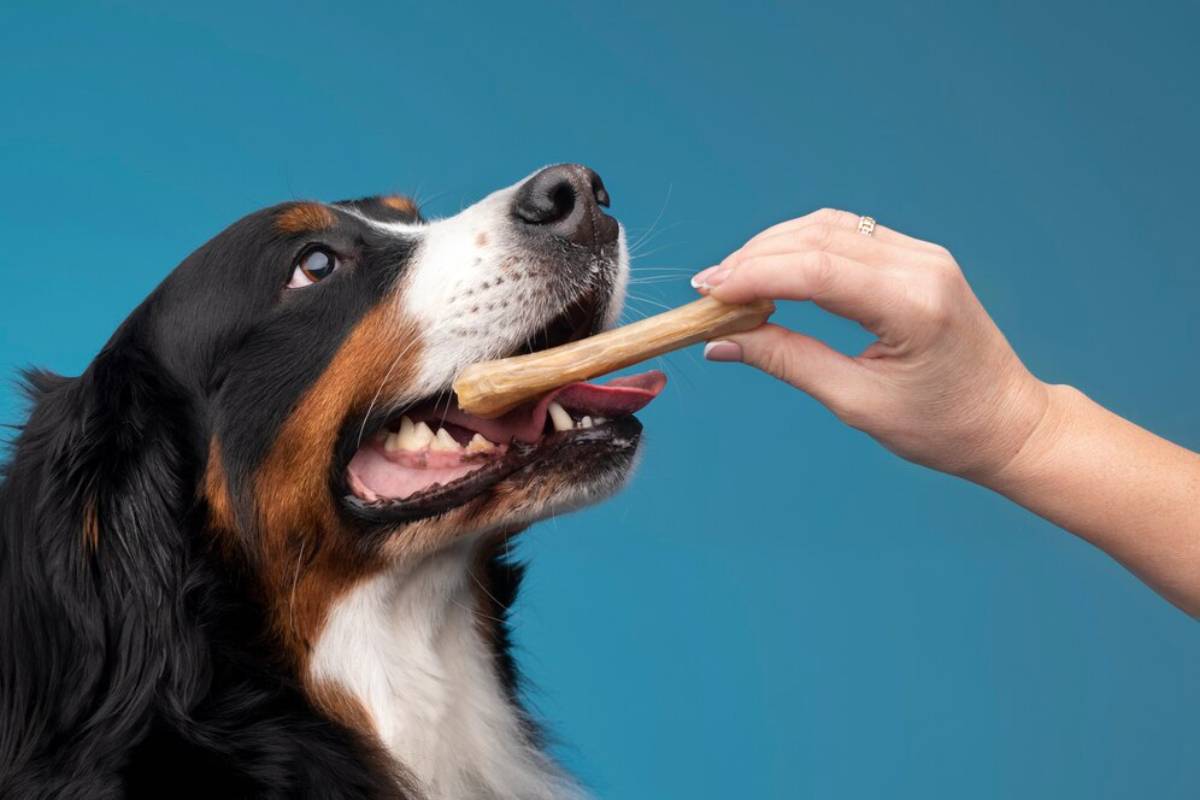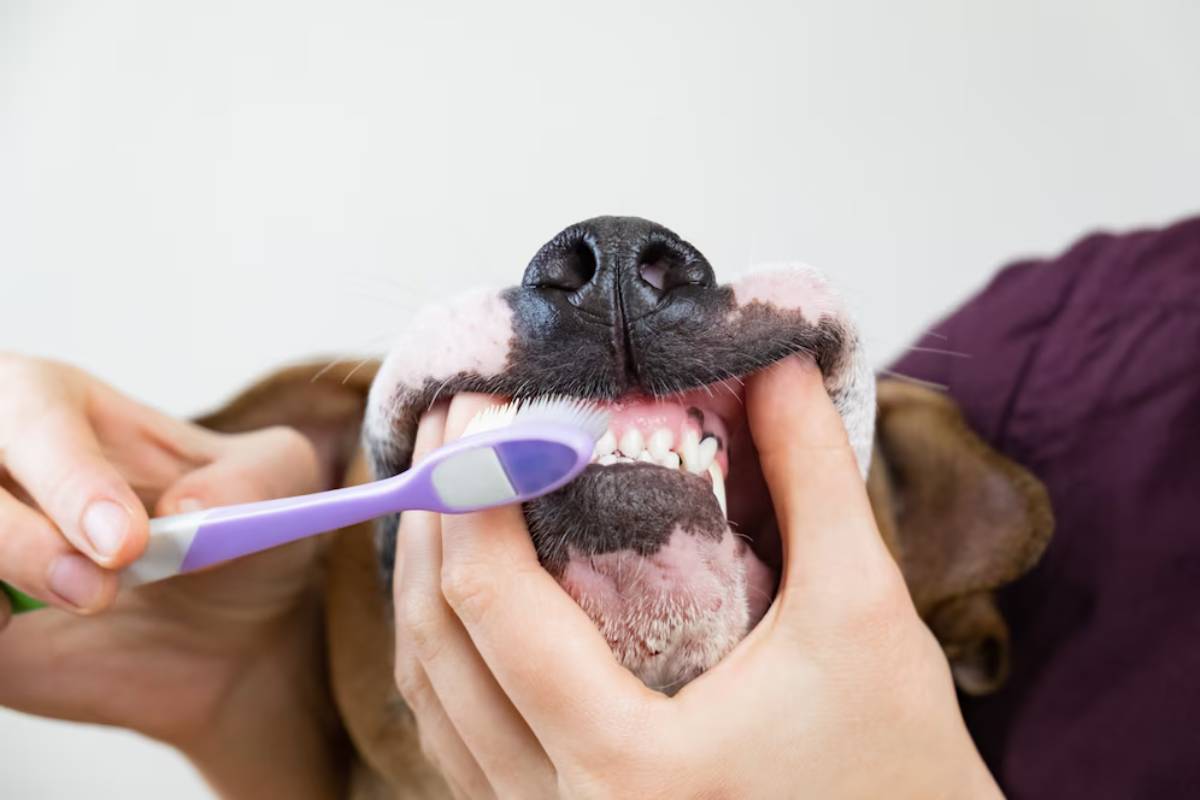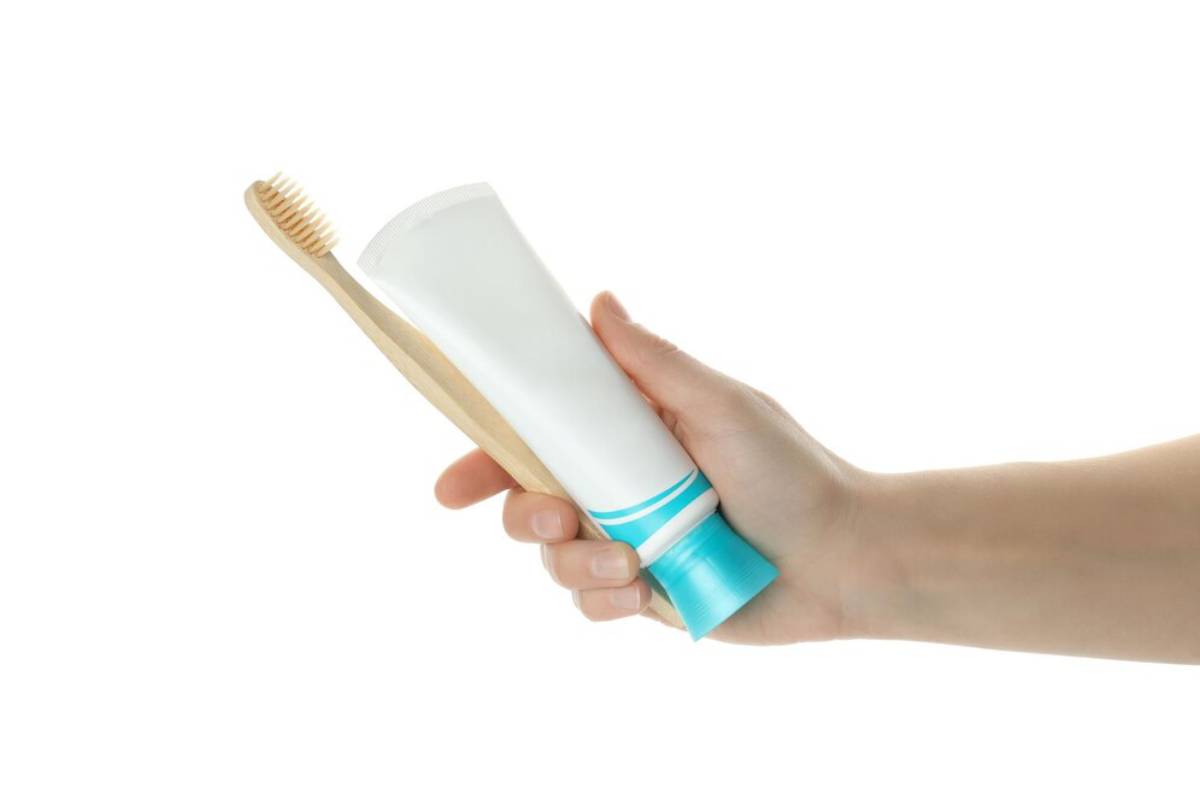
Dental Chews vs. Brushing: What’s Best for Your Pet’s Oral Health?
As pet parents, we want our furry family members to be happy and healthy. This includes taking care of their dental health. Dental issues are common in pets, especially as they age. If not treated, these problems can lead to many other health issues. This leads us to the eternal question: dental chews or dental brushes — what’s better for your pet’s oral health? In this blog, we’ll look at the pros and cons of each option. This way, you can make a smart choice for your pet.
Why Oral Care is Crucial for Pets
Oral care for dogs and cats is often overlooked, yet it is a critical component of their overall health. Just like humans, pets can suffer from plaque buildup, gum disease, and tooth decay. These problems can cause pain and trouble eating. They may even lead to serious health issues like heart disease if mouth bacteria get into the bloodstream.
According to veterinary experts, over 80% of dogs and 70% of cats show signs of dental disease by the age of three. This statistic highlights why it’s crucial to start a good oral care routine early. The question then becomes: what is the most effective way to maintain your pet’s oral health?
The Case for Dental Chews
Dental chews are a popular choice among pet owners due to their convenience and dual-purpose nature. These chews are designed to help reduce plaque and tartar buildup while also providing a tasty treat for your pet. Here are some key benefits of pet dental chews:
Benefits of Dental Chews
- Convenience: Dental chews are easy to use and require minimal effort from the pet owner. Simply give your pet a chew, and they will do the rest.
- Engagement: Chews keep pets mentally stimulated. They help reduce boredom, especially in dogs that love to chew.
- Variety: There are numerous types of dental chews available, catering to different sizes, breeds, and dietary needs. Some are even formulated to freshen breath or support joint health.
- Plaque Reduction: Research shows that some dental chews can cut down on plaque and tartar. This helps keep gums and teeth healthier.
Drawbacks of Dental Chews
While dental chews offer several advantages, they are not without their downsides:
- Caloric Content: Some dental chews can be high in calories, which may not be suitable for pets on a strict diet or those prone to weight gain.
- Limited Efficacy: Not all dental chews are created equal. The effectiveness of a chew can vary based on its design and ingredients, and some may not be as effective as others in reducing plaque.
- Potential Allergens: Some chews might have ingredients that can cause allergies or sensitivities in some pets.

The Case for Brushing Your Pet’s Teeth
Brushing your pet’s teeth is often considered the gold standard for maintaining oral health. It allows for thorough cleaning and can help prevent dental disease when done regularly. Here’s why brushing pet teeth is highly recommended:
Benefits of Brushing
- Brushing offers a complete clean. It helps you reach every surface of your pet’s teeth. This removes plaque and stops tartar from forming better than chews alone.
- Customisation: You can choose the right toothbrush and toothpaste for your pet’s specific needs, ensuring a tailored approach to their oral care.
- Prevention of Gum Disease: Regular brushing helps maintain healthy gums, reducing the risk of gingivitis and periodontal disease.
- Bonding Time: Brushing your pet’s teeth can be a bonding experience, strengthening the relationship between you and your pet.
Challenges of Brushing
Despite its benefits, brushing can pose certain challenges:
- Time-Consuming: Brushing requires time and patience, particularly when first introducing your pet to the routine.
- Resistance: Some pets may be resistant to having their teeth brushed, making it a stressful experience for both the pet and the owner.
- Consistency: For brushing to be effective, it needs to be done regularly, ideally daily, which can be difficult for some pet owners to maintain.
Expert Tips for Effective Oral Care
Whether you choose dental chews, brushing, or a combination of both, there are expert-recommended practices to enhance your pet’s oral care routine:
Combining Methods
Many veterinarians recommend combining dental chews with regular brushing for optimal results. This approach provides the benefits of both methods, ensuring comprehensive oral care.
Regular Veterinary Check-Ups
Routine dental check-ups with your veterinarian are essential. They can provide professional cleanings and identify any potential issues early on, preventing more serious problems down the line.
Choosing the Right Products

When selecting dental chews or toothpaste, opt for products approved by veterinary dental associations. These products are more likely to be effective and safe for your pet.
Gradual Introduction
If your pet is new to brushing, introduce the process gradually. Start by letting them taste the toothpaste, then slowly progress to brushing a few teeth at a time. Patience and positive reinforcement are key.
Choosing the Best Oral Care Routine for Your Pet
Ultimately, the choice is yours since the two are different but go hand in hand for your pet’s dental care. For others, a combination of both approaches may be most effective. Think about your pets’ preferences, their health and your vet’s suggestions.
And remember that keeping your pet’s mouth clean and healthy is a lifelong task that takes regular diligence and consistency. By using the right care and some good oral products, your furry friend live a long, healthy, and happy life with a bright smile.
Have you tried different oral care methods for your pet? Share your experiences and tips in the comments below!


